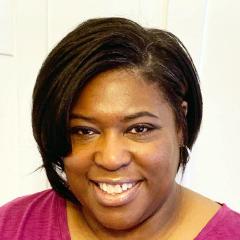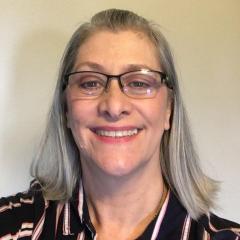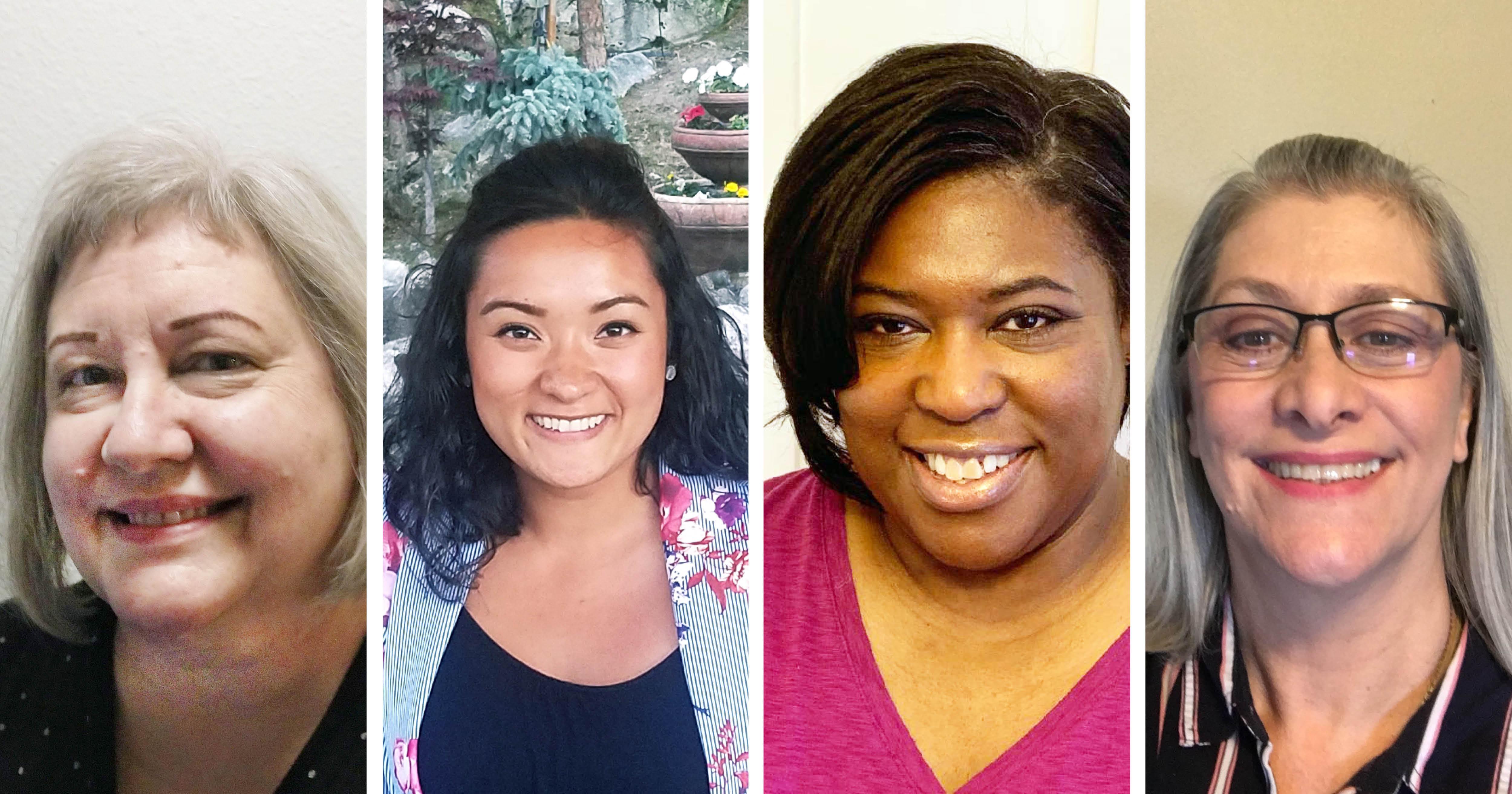After dealing with years of favoritism, retaliation, and arbitrary staffing changes, the legal assistants, legal interviewers, and victim advocates at the Pierce County Prosecuting Attorney’s Office have come together to form a union.
To Laura Devereaux, who has been a legal assistant there for 24 years, the moment has been a long time coming.
‘We have to pay for insurance for our homes, and yet we have nothing that protects our jobs. It doesn’t make sense.”
Throughout her career, Laura has pushed to organize. She comes from a family with a history of union activism and always thought that the need to organize was self-evident.
“I always say, ‘We have to pay for insurance for our homes, and yet we have nothing that protects our jobs. It doesn’t make sense.’”
But the last time she seriously pushed to organize a union ten years ago, and in conversations with her co-workers before that, Laura always hit the same wall; people were interested and thought it was a good idea to organize, but they were afraid to get involved.
“After so many years, I just put it in my back pocket and figured it would never happen.”
“Lets’ do something. Let’s act on this.”
In the fall of 2019, Kanani Palafox, a legal assistant who has been with the office for three years, attended a Washington Association of Prosecuting Attorneys training session where she learned that she and her colleagues were one of the few unorganized offices of legal assistants in the state.
She started asking about it back at the office and was told to talk to Laura.
“Laura got together with a few of us and said, ‘Hey let’s do something. Let’s act on this,’” Kanani said. “Then we started calling around trying to get more information on what this may look like, how we even go about doing something like this.”
They started by leaving notes in co-workers’ mailboxes and holding weekly meetings at the library across the street.
After hearing Washington’s assistant attorneys general had recently joined AFSCME Council 28/WFSE, Laura reached out to set up an introductory meeting. Fifty workers showed up.
“We can’t change everything that’s been done over the last nine years, but with a union we can make our voices heard.”
“I thought it would be easy to organize people,” said Danielle Johnson, a legal assistant who has been with the office for 13 years. “Especially the more seasoned employees who knew how bad things had been under the previous prosecuting attorney.”
That wasn’t the case. It took patience, empathy, and determination.
“I told them, ‘We can’t change everything that’s been done over the last nine years, but with a union we can make our voices heard.’”
Sylvia Eichman, a legal interviewer who has worked at the office for over 20 years, led the charge in generating interest for the union at the Family Support Division where she works.
In May of this year, the “Fab Four” of Laura, Kanani, Danielle, and Sylvia got a majority of their colleagues on board for the union. They became an official unit in the beginning of June and will get together virtually later this month to discuss bargaining.
“The strength of the union will help us have a better workplace—and with COVID a safer workplace.”
Everyone has similar hopes for what they will accomplish.
“The strength of the union will help us have a better workplace—and with COVID a safer workplace,” Sylvia said. “The union gives us a collective voice and confidence to make positive changes and a more unified workplace. We want a voice, and someone who is going to back us up.”
“I’m hoping that our voices will be heard and that we will have a say in the changes that go on in the office,” said Danielle. “We’re always having to listen along. We want to be at the table and give our input.”
“The union gives us a vehicle to advocate for ourselves and our colleagues, and it changes how we view our work lives,” Kanani said. “You start viewing your work in terms of taking care of each other. It builds a sense of unity. You’re looking out for each other.”
"We know our work is important. We just want to be treated like it is.”
“This is not easy work,” Laura said. “In any case where there is a victim, we are the victim’s point of contact. We work with juvenile sexual assault survivors. We interview unwed mothers to help them establish paternity. We send out discovery packets to defense. We know our work is important. We just want to be treated like it is.”
Interested in joining AFSCME, the nation’s leading union for judicial and justice professionals? Contact [email protected].





